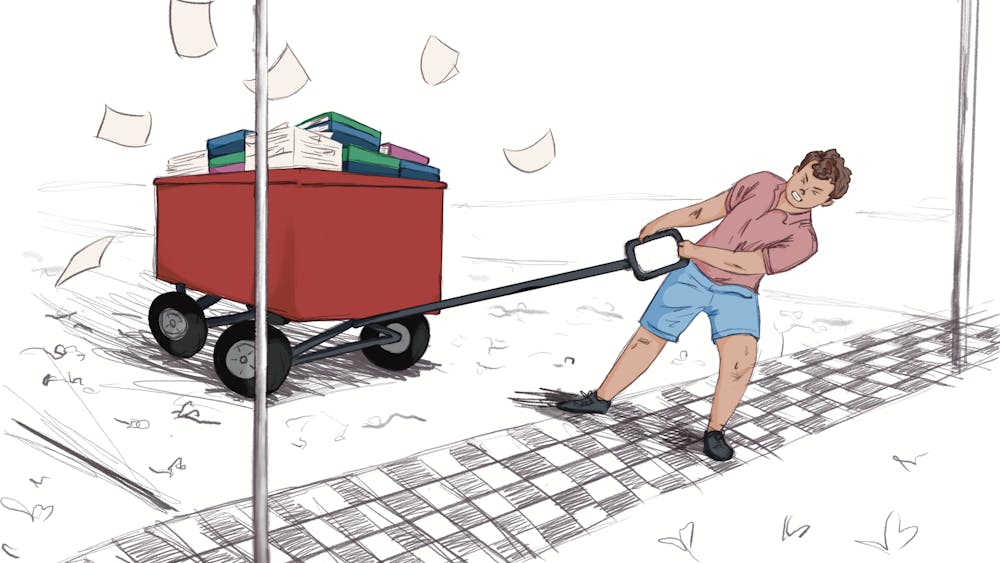The IU chemistry professor is the recipient of the National Science Foundation’s five-year Faculty Early Career Development Award, given to junior faculty who have demonstrated achievements in both research and education, according to the University.
Raff received the award for his work with air pollution and the chemistry that happens in the atmosphere that affects climate change, Raff said.
“I’m really interested in how air pollution is formed and what we can do to improve the situation,” he said.
Raff said he studies polluting gasses — which he said typically originate from cars or any combustion source — such as nitrogen oxide to find where they originate and what their effects consist of.
He said he then uses his findings to suggest improvements for the computer models that policy makers rely on for accurate information.
“It’s interesting to see how the chemistry, meteorology and policy all intersect,” he said.
Raff said the constant smog and his asthma-ridden friends while he grew up in Los Angeles made an ?impression on him at a young age.
“I would go and play in the park or something, and my lungs would be hurting and my eyes would be stinging,” he said.
Raff said his interest in air pollution was further piqued in graduate school when he attended a lecture about the topic by a visiting professor who would later become his post-doctoral adviser.
“She really inspired me,” Raff said.
Raff said this grant is unusual in that it requires him to develop a plan for an outreach program, allowing him to inspire others.
“(NSF) is really big on communicating science to the public and getting future scientists interested,” he said. “A third of the grant is outreach-oriented.”
Raff said he hopes to get high school students and teachers involved in air pollution research through the outreach component.
In addition to the outreach, Raff said he will send ozone monitors back with the teachers to install in their schools and implement the instrument in their lesson plans.
He said he hopes the teachers will engage students with a method called project-based learning.
In doing so, they will ideally attempt to figure out how to reduce air pollution in their area and continue these studies through college.





